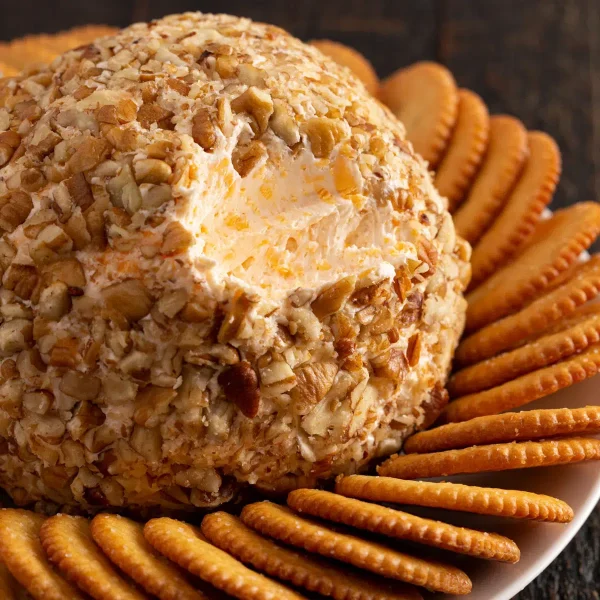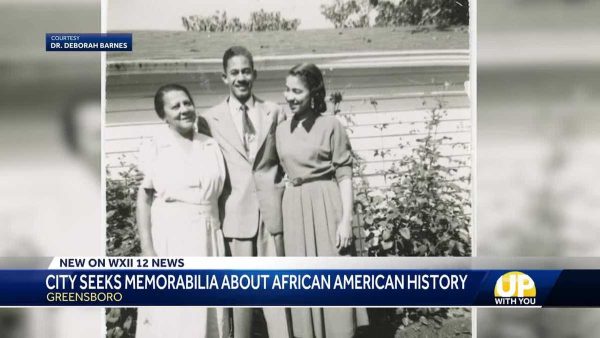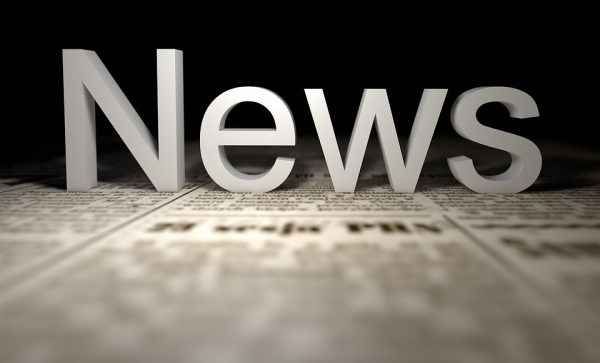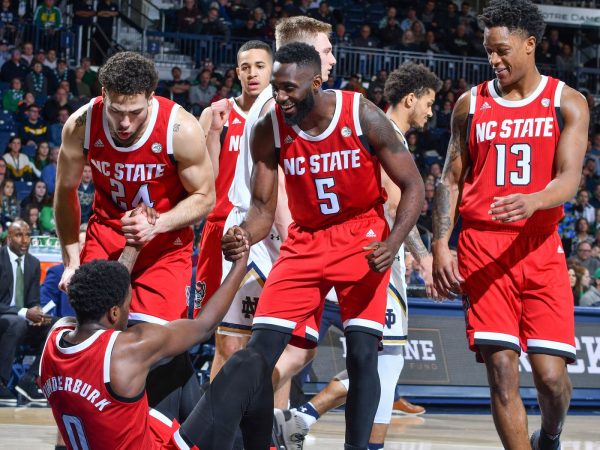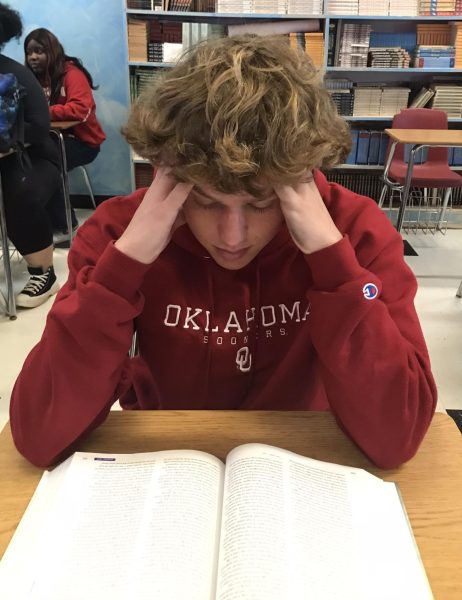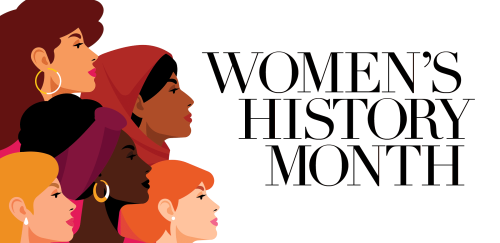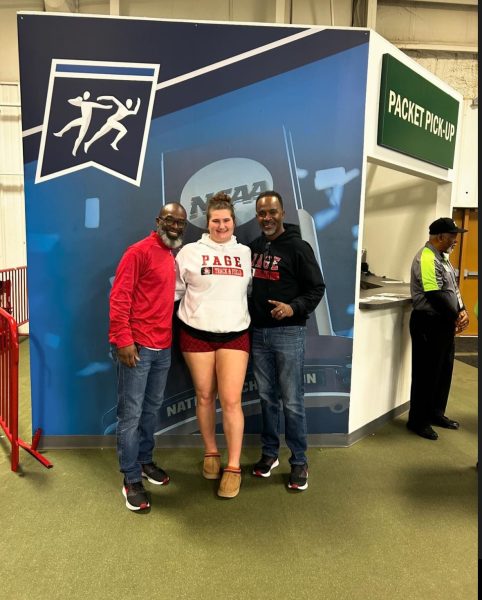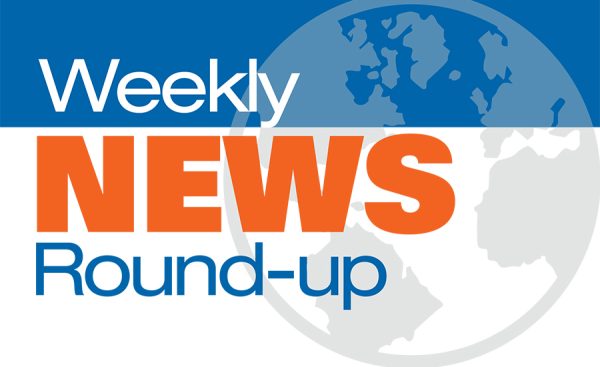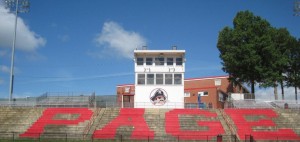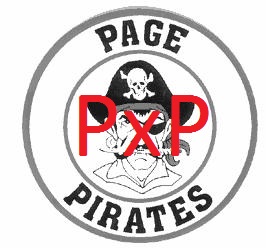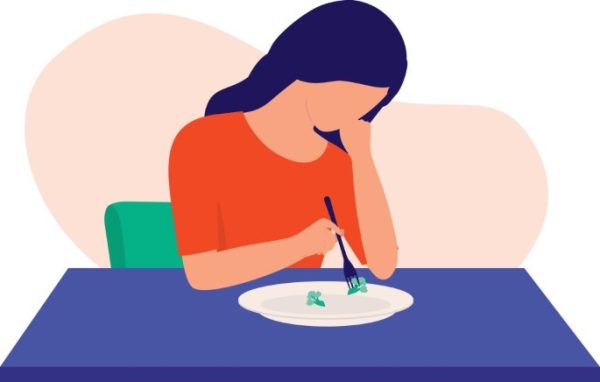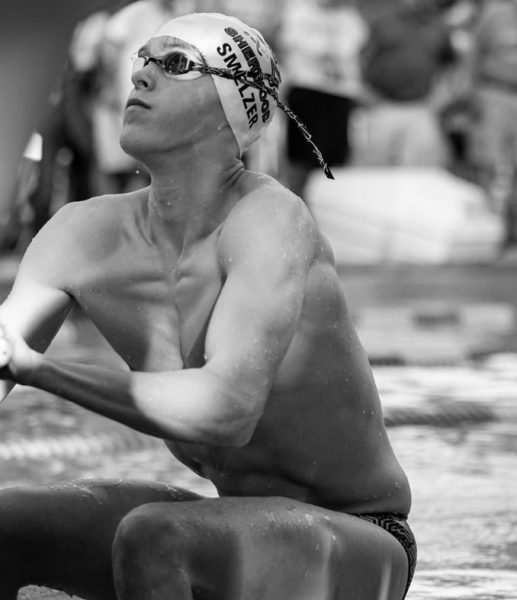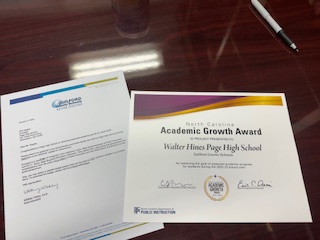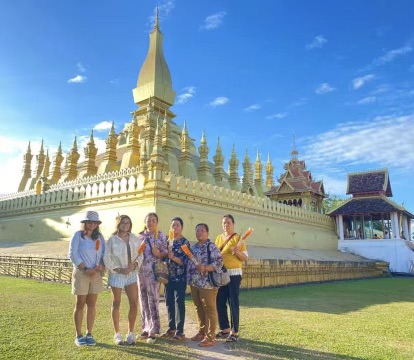Science Olympiad Team Does Best in Seven Years
On February 23, a group of Pirates went to the University of North Carolina at Greensboro to compete in the regional Science Olympiad competition. Students from local schools research for the competition in the months prior. A student can participate in a maximum of four events, either testing, lab, or building events. Testing events require students to study about a specific topic such as glaciers in the event Dynamic Planet. Lab events, such as Forensics, are hands on. In Forensics, students study a murder mystery and identify clues as to what happened. Other events are building, meaning a machine must be built. For example, in Ping Pong Parachute, students are asked to create bottle rockets that are shot and compared to other teams. The president of the team is Noah Robertson, and the secretary is Sophia Robertson. This is an annual club, so students that missed their opportunity this year can join next year. The team meets one time a week for the first few months, but, during the weeks leading up to the competition, they usually meet twice a week. Luckily, most of the work can be done at home for those interested that cannot make it to the meetings. The meetings are organized for basic information and research time. This year the team formed in November, but they hope to begin earlier next year.
Page got 12th place out of 18 teams, which is much a huge improvement from last year. Juniors Anthony Corrales and Noah Robertson earned 4th place in Astronomy. Alex and David White got 4th in Designer Genes and 2nd in Geologic Mapping. The two siblings also got 4th place in Codebusters with Tayo Olofintuyi. Freshmen Marissa Maynard and Sophia Robertson received a 4th place medal for Mousetrap Vehicle, the team’s only building event. Last year, no medals were won by Page, but, this year, 11 medals were won in five different events. Faye Mejia, Rawan Mohamed, Matt Stehlin, and Kaashvi Vaid contributed to the team’s place too. Teams that earn first, second, third, or fourth place move to the state competition, but individuals that win first place can advance to the state competition without their team. Mr. Degges, the advisor and a Page science teacher, told the team that this was the best that Page had done in seven years.
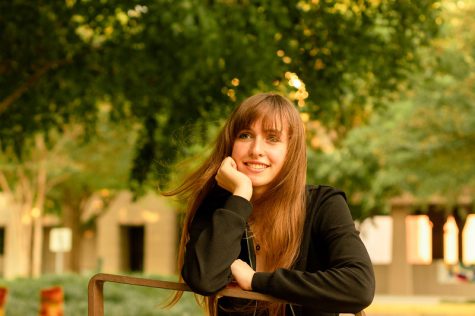
I am a senior and four-year member of the Pages by Page staff. Here are a few things that are important to me: God, family, writing, science, cats, Criminal...
